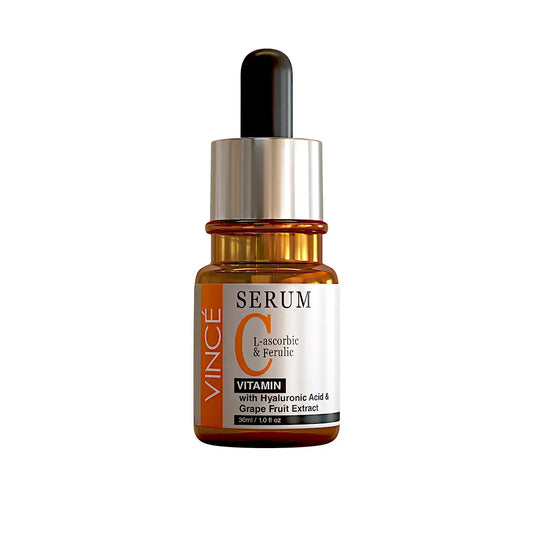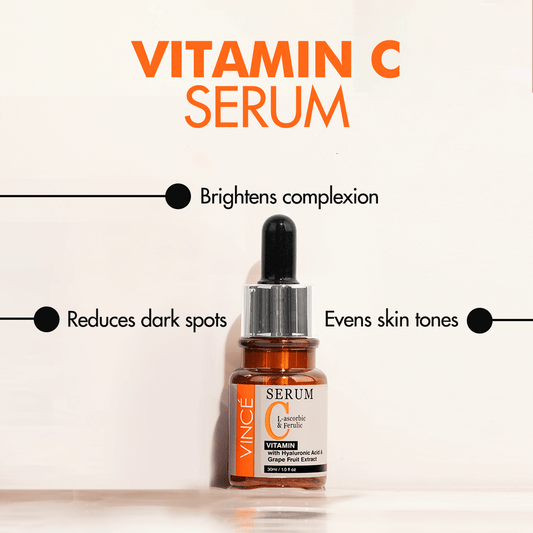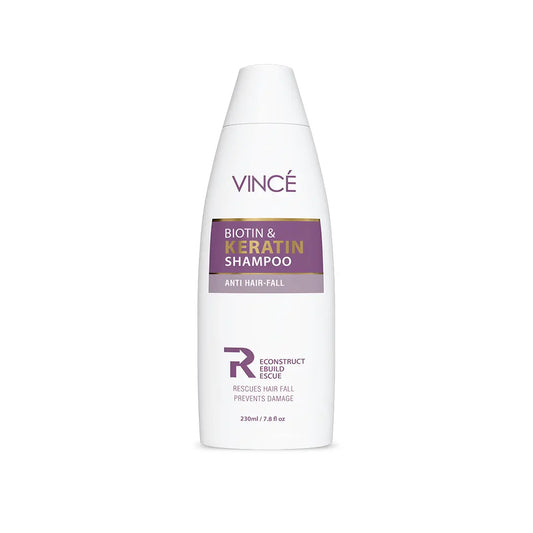Causes of Dry Skin Eczema and How to Treat It

Dry skin is an uncomfortable condition caused by any reason, such as not taking the diet correctly, not drinking an appropriate amount of water needed for your body, or not following a daily skincare routine. It can happen for many reasons. For example, the skin may become naturally dry even if the skin is oily.
Dry skin affects any part of the body. However, it usually affects the face, arms, hands, and legs. Lifestyle changes in many cases and over-the-counter moisturizers may need to treat it. If these are not enough, you should contact your doctor.
What Is Eczema (dry skin)?
Eczema is a condition of dry skin. It is one of many types of dermatitis. It damages your skin's moisture barrier function that looks like glue. This damage to your skin's barrier function makes it more sensitive and prone to dryness, flakiness, and infections.

What Are The Types Of Eczema (Dry Skin)?
The term dermatitis is also used for dry skin. Dry skin often worsens in winter due to low humidity. However, it can happen all year round. If it is severe, dry skin can cause itching.
There are different types of dermatitis, including:
- Contact dermatitis: When something happens with your skin, it causes an allergic or irritated reaction. Your skin may become itchy, dry, and red under this condition.
- Eczema (atopic dermatitis): This condition makes the skin red, dry, itchy, and also spots due to itchiness on the skin. Some forms can cause cracking of the skin, putting you at higher risk of infection. This common skin disorder affects children and can be inherited. In addition, irritability, stress, and allergies can make dry skin worse.
- Seborrheic dermatitis: Eczema on the scalp causes dryness in adults or cradle cap in newborns. Seborrheic dermatitis can also be spotted on the face, navel (belly button), and creases inside the arms, legs, or groin due to flakiness. This dermatitis occurs when your body reacts to the common yeast that grows on your skin.
- Athlete's foot: It can mimic dry skin on the feet, but it is caused by fungus. When this fungus grows on the body, it is called a ringworm. People who have an athlete's foot may have dry, flaky skin on the soles of their feet.
What are Causes of Eczema?
The main causes of Eczema (atopic dermatitis) are immune system function, genetics, environmental stimuli, and stress.
- Age: Due to the natural process of skin changes in older, adults are more prone to dry skin. As you age, the oil and sweat glands dry out, and the skin loses its elasticity and grease, causing it to become thinner skin.
- Climate: People who live in desert-like environments have a higher risk of dry skin because of low humidity in the air. Low humidity causes your skin to become dry and itchy. Heat and excess moisture can also cause sweating and make itching worse.
- Genetics: With a family history of dermatitis, you are more likely to have Eczema. People inherit certain skin conditions, such as Eczema, which can cause dry skin.
- Health conditions: Some diseases, including diabetes and kidney disease, can cause dry, itchy skin.
- Occupations: Healthcare providers, hairdressers, and other professionals are more likely to have dry, red skin because they wash their hands frequently.
- Your immune system: If you have Eczema, the immune system is more prone to minor irritations or allergens. This excessive reaction can make your skin swollen.
- Stress: Your stress level can cause or worsen your Eczema. There are mental/emotional symptoms of anxiety and physical symptoms of anxiety. These include:
Physical symptoms:
- Sorrow and pain
- Constipation
- Diarrhea
- Muscle tension
- Nausea and dizziness
Emotional / Mental symptoms:
- Stress or tension
- Constantly feeling worried, anxiety
- Difficulty in resting or relaxing
- Use of different drugs to relax
- Difficulty in concentrating on something
- Mood swings, short tempers, or irritability.
How to Treat Dry Skin Eczema?

1. Aloe Vera Gel
Aloe vera gel is beneficial to treat Eczema. People have been using aloe vera gel for centuries to treat various ailments.
Its antibacterial and antimicrobial effects can prevent skin infections, which are more likely to occur when a person's skin is dry or cracked. In addition, Aloe vera's soothing properties can soothe broken skin and promote healing.
You can buy aloe vera gel at health stores or online, or you can buy aloe vera plants and use the gel directly from their leaves.
Individuals should use aloe gel products with a few ingredients; others may contain preservatives, fragrances, and dyes, which irritate sensitive skin. In addition, dehydrating ingredients can make Eczema worse.
However, you have to start with a small amount of gel to test for skin sensitivity, as aloe vera can sometimes cause irritation or stinging. However, it is generally safe and effective for adults and children.
2. Vince Multi-Level Moisturizing Cream
Multi-Level Moisturizing Cream is one of the best moisturizers that respond to dry skin problems. Immediately it increases moisture and strengthens your skin's moisture barrier for healthy, smooth skin. It is a rich, creamy moisturizer that helps to nourish and hydrate the skin throughout the day.
It absorbs into the skin quickly and hydrates the lower layers of skin. This multi-level moisturizing cream works like a small shower, providing hydration to the lower layers of your skin slowly for hours.

3. Coconut Oil
Coconut oil is extracted from coconut meat (called copra). People can use this oil as a moisturizer.
The antibacterial properties of coconut oil can reduce staph bacteria on the skin, which helps prevent infection. It is essential for people with Eczema because inflamed skin spots can rupture and run out, allowing bacteria to enter.
When applying it to your skin, choose cold-pressed coconut oil that has been processed without chemicals.
4. Sunflower Oil
Sunflower oil is extracted from sunflower seeds. Research Trusted Sources have shown that it protects the outer layer of the skin, which helps keep moisture in and bacteria out. Sunflower oil also hydrates the skin and relieves itching and swelling.
Sunflower oil can apply directly to the skin, preferably after bathing when the skin is still moist.
Precautions for Eczematic Skin
If you live with Eczema, it is essential to avoid anything that makes your skin itchy or dry and Flares up, including:
- Body washes or Perfumed soap
- Soaps with dyes
- Wool clothing
- Tight clothing
- Pollen
- Animal dander
- Perfumed detergents
Food allergy is a cause of Eczema in children. Eliminating common foods associated with Eczema may improve your symptoms, such as:
- Milk
- Eggs
- Wheat
- Peanuts
- Soy
You may have a combination of self-care and the above natural remedies to handle mild to moderate cases of Eczema.
Acute Eczema may require prescription topical steroids or antihistamines. Work with your doctor to plan the treatment that works best for you.
Conclusion
Eczema is a dry skin condition. Eczema is most common in children, but most children will get rid of it by reaching puberty.
Eczema can vary in severity and cause discomfort. In addition, it presents differently depending on the age of the person. In dark-skinned people, the symptoms can be challenging to notice.
Although there is no cure, people can treat and prevent eczema outbreaks using home remedies, moisturizers, medications, and lifestyle changes.



